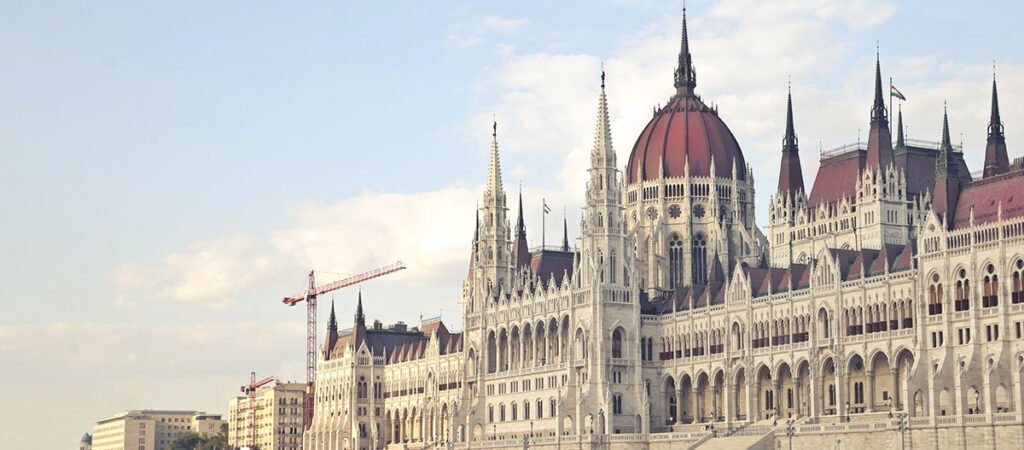
Study In Hungary
OVERVIEW
Looking for a European study-abroad destination that’s slightly more off the beaten track? Why not study in Hungary?
Bridging Central and Eastern Europe, Hungary combines many of the attractions of both regions – but above all prides itself on having its own distinctive identity. This pride is not without foundation. Though relatively small, Hungary has much to offer visitors, from the architectural and cultural delights of capital city Budapest, to vineyard-covered hills and historic castles.
Universities in Hungary
While not as firmly established on the study-abroad map as European destinations like the UK, Germany or France, Hungary is committed to becoming a higher education hub. Universities in Hungary are welcoming growing numbers of international students, both on exchange programs and for full degrees, and are increasingly offering courses taught in languages other than Hungarian, most commonly English.
In line with the Bologna Process, which aims to make higher education systems across Europe more compatible, universities in Hungary offer three levels of degree: alapképzés (bachelor’s), mesterképzés (master’s) and doktoriképzés (doctorate). Bachelor’s programs typically last three or four years, master’s programs one or two, and doctorate programs three years. In some subjects, it is also possible to complete a single five or six year course, which combines the bachelor’s and master’s levels.
With so many natural and manmade attractions, combined with relatively low living costs and a strong focus on internationalization, it seems likely that Hungary’s popularity as a study destination will continue to grow. Choose to study in Hungary now, and you could be ahead of that trend.
Facts about Hungary
- Capital: Budapest (also largest city)
- Borders with: Slovakia, Ukraine, Romania, Serbia, Croatia, Slovenia and Austria
- Official language: Hungarian
- Currency: Forint
- Member of the European Union since 2004
- Hungarian-language name for the country is Magyarország, and the people call themselves Magyars
- Known for producing (and using) lots of the spice paprika
- Traditional Hungarian cuisine includes goulash (a soupy stew), palacsinta (pancakes), spicy sausages, dumplings and stuffed vegetables
- The Danube River runs through the center of Budapest, and from north to south of the entire country
- Major industries include mining, construction materials, textiles, chemicals and food processing

